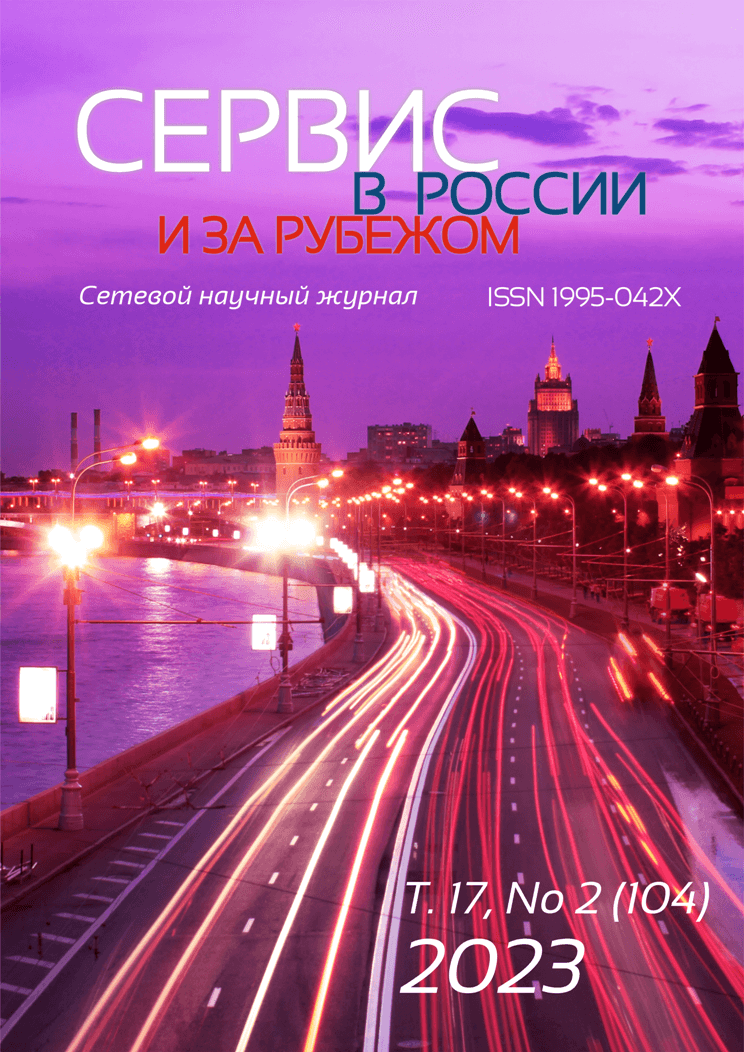Foreign innovative technologies in the field of increasing the energy efficiency of buildings and their engineering systems
DOI:
https://doi.org/10.5281/zenodo.8122431Keywords:
energy efficiency, decarbonization, innovation, construction sector, modernization of buildings, engineering systems, foreign countriesAbstract
About 36% of greenhouse gas emissions in the EU are accounted for by the construction of buildings and the use of energy in them. To reduce energy consumption in buildings, it is necessary to introduce more energy-efficient technologies. However, there are barriers to the introduction of energy-efficient technologies. Inertia, risk, access to capital and lack of knowledge are considered the most noticeable obstacles to the introduction of energy-efficient technologies. In order to expand the implementation of energy-efficient technologies in buildings, it is necessary to expand knowledge throughout the industry, and stakeholders need to consolidate at all stages of creating an energy-efficient residential environment. Reducing greenhouse gas emissions is of paramount importance to mitigate the effects of global warming. To reduce emissions from buildings, it is necessary both to reduce emissions during the construction phase and to reduce energy consumption during the operation of the building. Energy consumption during the operation phase of a building depends on several different factors, such as the behavior of residents, the thermophysical properties of the building, the technical details of the structure, the climate, as well as the maintenance and quality of heating, ventilation and air conditioning systems. For buildings to become more energy efficient, it is necessary to take into account all these aspects. The article analyzes the experience of the USA and the EU countries, which are actively developing innovative developments in the field of energy-efficient construction and modernization of existing buildings in order to increase their energy-saving resource.
Downloads
References
Carlander J., Thollander P. Barriers to implementation of energy-efficient technologies in building construction projects – Results from a Swedish case study // Resources, Environment and Sustainability. 2023. Vol.11. Pp. 100097. DOI: 10.1016/j.resenv.2022.100097.
Zhang S. et al. Potential to decarbonize the commercial building operation of the top two emitters by 2060 // Resources, Conservation and Recycling. 2022. Vol.185. Pp. 106481.
Wang X. et al. Low-carbon city and its future research trends: a bibliometric analysis and systematic review // Sustainable Cities and Society. 2022. Vol.90. Pp. 104381.
Люке А. Повышение энергоэффективности систем отопления. Развитие рынка, технологические тренды и европейские ориентиры // Энергосбережение. 2019. №2. С. 14-19.
Синкина А.Н. Проблемы повышения энергетической эффективности зданий и пути их решения в работах зарубежных и отечественных учёных // Молодой учёный. 2019. №24(262). С. 12-14.
Система автономного энергоснабжения жилого дома: пат. RU 2746434 C1 Российская Федерация: F24D 3/00, F24D 3/08, F24D 3/18, H02S 10/00, H02S 10/30 / Сучилин В.А., Кочетков А.С., Губанов Н.Н. №2019142990; заявл. 23.12.2019; опубл. 14.04.2021.
Сучилин В.А., Кочетков А.С., Губанов Н.Н. Моделирование и исследование в COMSOL MULTIPHYSICS функциональных характеристик объектов социальной инфраструктуры // Журнал С.О.К. 2022. №11. С. 19-25.
Downloads
Published
How to Cite
Issue
Section
License
Copyright (c) 2023 Kochetkova, I. A., & Kudrova, E. G.

This work is licensed under a Creative Commons Attribution-NonCommercial-ShareAlike 4.0 International License.












